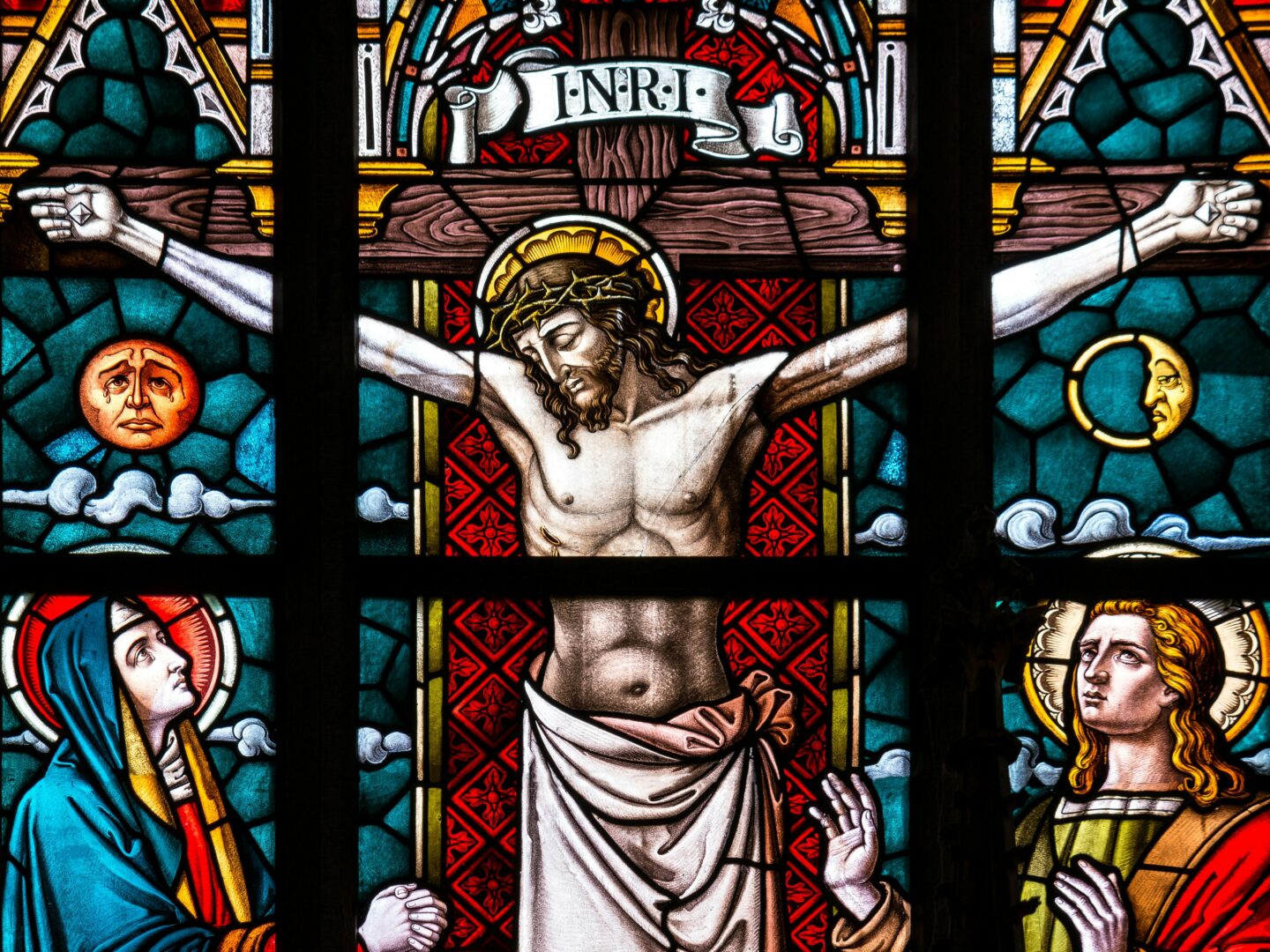In solidarity with his gay and lesbian brothers and sisters, one well-known evangelical pastor in Minneapolis is taking a stand. As long as his state won’t confer upon homosexuals the legal right to marry, Tony Jones won’t sign a marriage license. He will officiate at a Christian ceremony, what he calls the “sacramental” part of marriage. But he refuses to act as an agent of the state.
In July, Jones made his point personally. He remarried, but this time only sacramentally. “I consider my marriage 100 percent valid,” he told me.
At first blush, it seems like an intriguing act of civil disobedience. The same-sex marriage debate in this country has been bogged down, as Jones rightly points out, by a blurring of religious and legal definitions of marriage. That’s largely because religious groups are the most vocal activists against gay marriage, but also because in this country, clerics have the authority to bind people together in the name of God and the state.
Many people have suggested that the United States adopt a system like that of some European countries in which legal marriage and marriage before God are separate events overseen by two separate authorities. The gay-marriage debate would thus be solved, at least logistically, though not morally or theologically. The state could grant all couples, gay or straight, their marriage licenses, and individual churches or denominations could decide to bless the committed, loving union of same-sex couples. Or not.
But what Jones proposes is, at the minimum, impractical. Americans love their church weddings, and they don’t want to have to do separately what they usually do at once. Even Barry Lynn, director of the watchdog group Americans United for Separation of Church and State, can’t get worked up about the conflation of church and state roles that occurs at a wedding. An ordained minister in the United Church of Christ, Lynn performs several weddings a year. “I find it annoying, but I don’t find it so unsavory or impossible that I don’t do the weddings.”
On closer inspection, the Jones protest is muddled and retrograde. It’s bad for the financially vulnerable partner (historically the woman) and for children. Marriage law has come a long way since 16th century Europe, when men controlled all the property in a marriage and held the legal right to make all the decisions.
Only over the past century have state-issued marriage certificates become a kind of insurance policy for families against the vagaries of circumstance and individual desire, says the marriage historian Stephanie Coontz. Today, the marriage license conveys benefits — Social Security, pension payouts, health insurance, inheritance — from one partner to the other. By refusing to sign marriage certificates, Jones “penalizes heterosexual couples who are coming to the church without actually winning anything for same-sex couples,” Coontz says.
In a country where marriage is declining and those who do marry are increasingly well- educated and well-to-do (a condition bemoaned by conservatives and liberals alike), it is a poor form of social protest to decline to administer legal marriages. Everybody needs these protections; a promise to God will not make a deadbeat parent pay child support.
Finally, there’s the question of motivation. Jones has griped publicly about the lasting trauma of his own 2009 divorce. “I got married in the state of Minnesota by the stroke of a pen,” he said. “To extricate myself took 14 months and thousands of dollars, and here the pastor has no authority.”
His first wife, still irate from the divorce, suspects that Jones’s position reflects not a higher principle but a wish to avoid legal entanglements the second time around, which Jones vehemently denies. “It is a total cop-out to have just a sacramental marriage,” Julie McMahon wrote in an e-mail. “I am old school and I think that loving someone wholly is to share in legal property and assets as well.”
It would be hard to find a gay-marriage advocate who believes otherwise.
